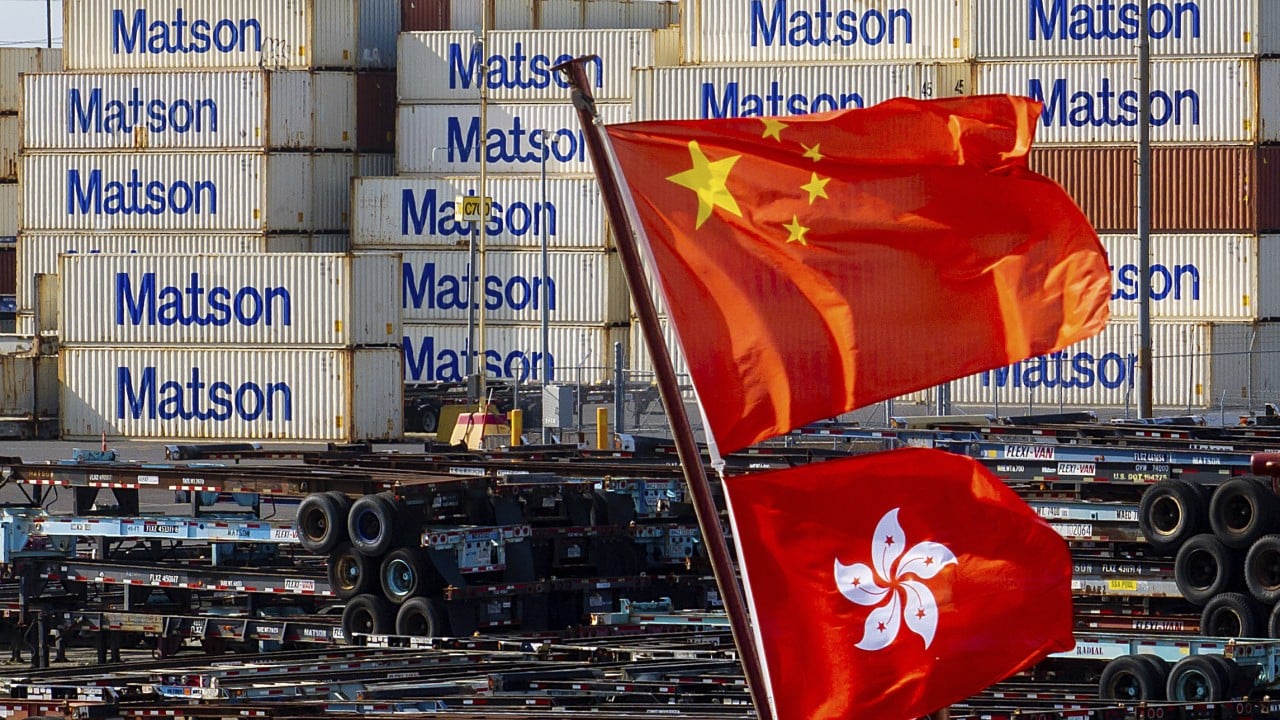The terms “United States exclusion clause” and “China risk clause” were frequently heard at a recent shipping forum hosted by Zhejiang Seaport Group in the eastern city of Ningbo, as uncertainties at sea persist despite the trade war truce reached between the world’s two biggest economies.
Advertisement
The event brought together global logistics sector representatives and maritime law experts to consider new contract clauses, strategies and arbitration options, as stakeholders fear that a return of Donald Trump’s sky-high duties and China’s retaliatory measures would upend global shipping.
As the forum concluded, participants agreed on the need to pursue arbitration to protect their interests, and that Hong Kong and nearby Asian hubs could help Chinese firms navigate the choppy waters of trade and geopolitics.
“More maritime legal professionals are asked by traders and shipping companies in China and abroad whether Trump’s tariffs and other sudden policy changes will be seen as force majeure,” said Zhuang Wei, Regional Manager of Asia at the Baltic and International Maritime Council, a Denmark-based body and one of the world’s largest international associations representing shipowners.
In shipping contracts, a risk or force majeure clause helps to relieve parties of responsibility for unforeseen circumstances – either natural or political – that could disrupt transportation. These clauses clarify who bears the cost of potential losses or damages caused by such events, Zhuang said.
Advertisement
“Tariff uncertainties also present an opportunity for Chinese arbitrators when shipping disputes are on the rise,” said Zhuang, also a member of the China Maritime Arbitration Commission. He noted that some parties may prefer to have cases heard and settled outside the West.

